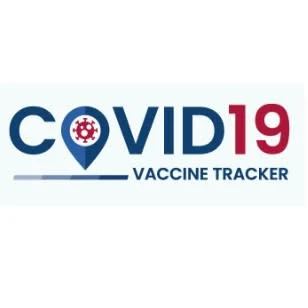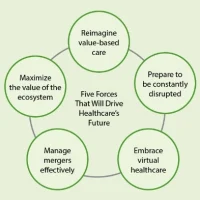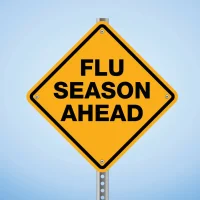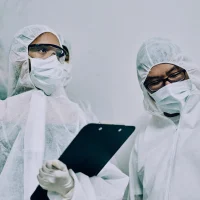Availability of an effective vaccine is viewed as crucial in the fight against COVID-19, but researchers warn against ‘vaccine nationalism’. The latest vaccine development updates are aggregated in a new online tracker.
You might also like:Grand Plans for Potential COVID-19 Vaccine Production
Cost of ‘Vaccine Nationalism’
A new embargoed study from the not-for-profit research organisation RAND Europe shows that global access to COVID-19 vaccines could save the global economy up to €1.03 trillion ($1.2 trillion) a year, compared to the ‘nationalistic’ behaviour scenarios.
According to the study, the virus should be contained on the global scale. Otherwise, if countries pursue protecting only their own citizens and hoarding supplies competitively bought directly from pharmaceutical companies, this would have substantial economic penalties on both national and global levels associated with prolonged negative impact of the pandemic.
The study compared two scenarios. First included the impact on global GDP of various containment measures, such as physical distancing, and changes in consumer in sectors like hospitality, retail and healthcare. Second baseline scenario implied sufficient immunisation of population in every country.
The estimates show that even if high- and middle-income countries would have access to a vaccine, the losses for the global economy would reach €131 billion ($153 billion) a year in GDP terms. For the US it would be almost €14 billion ($16 billion) a year, the EU €34 billion ($40 billion) a year, the UK over €4 billion ($5 billion) a year, China €12 billion ($14 billion) a year, and other high-income countries collectively over €33 billion ($39 billion) a year.
In this context, economic incentives to ensure access to vaccine in lower-income countries could cost over €21 billion ($25 billion), but if the poorest countries are denied this access, for the US, the UK, the EU and other high-income countries the loss would stand at €102 billion ($119 billion) a year. Otherwise, the high-income countries would get back over €5 for every €1 spent ($4.8/$1).
Researchers also looked into a situation where no vaccine was developed. In comparison with the baseline scenario, the global economic cost of the COVID-19 pandemic would stand at €3 trillion ($3.4 trillion) a year in lost GDP.
"Our findings suggest that there are real economic incentives for the higher income countries to drive vaccine development and distribution to ensure that the rest of the world has access to vaccines as soon as possible," said Marco Hafner, the study's lead author and senior economist at RAND Europe.
Online Vaccine Tracker
Researchers at McGill University have created an online COVID-19 vaccine tracker aiming to provide reliable real-time information on the current testing developments.
The tracker updates the data on 116 trials for 50 vaccines around the world
on a weekly basis. For each vaccine information is provided on the trial phase,
the developers, participating countries, etc. There is as well a colour-coded
map of the vaccine trials, and users have a possibility to ask questions about COVID-19
vaccines.
Another feature of the tracker is the community immunity tool, which allows users to simulate the spread of a disease and the impact of a vaccine depending on a number of input parameters.
The team behind the new tool aims to “help the public find and access reliable information about COVID-19 vaccines, improve understanding about the vaccine testing process, and manage expectations about when a vaccine may be available”, according Nicole Basta, associate professor in the Department of Epidemiology, Biostatistics and Occupational Health at McGill. The researchers stress that the availability of clear, consistent and unbiased information on COVID-19 vaccines is the key factor in defeating the pandemic.
Image credit: McGill COVID-19 Tracker


![Tuberculosis Diagnostics: The Promise of [18F]FDT PET Imaging Tuberculosis Diagnostics: The Promise of [18F]FDT PET Imaging](https://res.cloudinary.com/healthmanagement-org/image/upload/c_thumb,f_auto,fl_lossy,h_184,q_90,w_500/v1721132076/cw/00127782_cw_image_wi_88cc5f34b1423cec414436d2748b40ce.webp)







